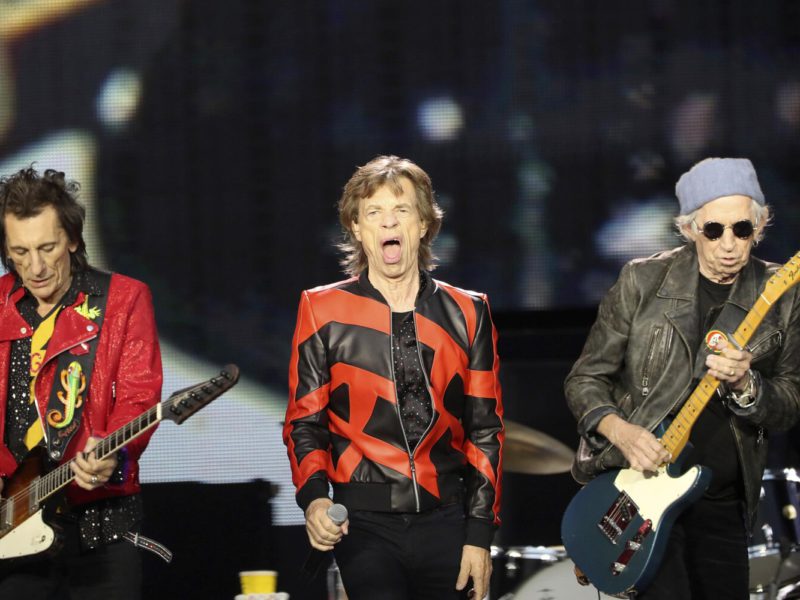You know, sometimes I just get fascinated thinking about stuff that starts small and ends up huge, like K-Pop! Seriously, isn’t it kinda mind-blowing how a music genre that started in a tiny East Asian country has taken the world by storm? There’s just something about those vibrant aesthetics, addictive tunes, and high-energy performances. It’s not just about listening to some catchy songs; it’s like diving head-first into this entire universe. I still remember that little thrill when I first stumbled into the K-Pop world. It’s a bit magical, yeah? Music just doing its thing, smashing through language barriers. Okay, maybe I sound a bit dramatic, but you get me, right?
Roots of K-Pop
Alright, let’s roll it back a bit. K-Pop’s roots dig deep into the 1990s when South Korea was buzzing with change, trying to find its spot on the world stage. Enter Seo Taiji and Boys, the band that went kinda rogue by mixing Western elements like rap and techno with Korean sounds, and boom, K-Pop was born. Who’d have thought this bold experiment would kick off something so…ginormous!
But it wasn’t until the 2000s, when the internet blew up, that K-Pop really soared. Can you imagine what might’ve happened if social media had come along a bit later? Or is that like those “what ifs” that keep you up at night, no real answers in sight?
Why do People Love K-Pop?
So, what is it about K-Pop that makes people just go “Wow”? I mean, there’s the obvious stuff like those dazzling idols who look like they waltzed right out of a fantasy. Their videos are like these mini-masterpieces, and each one’s a unique story. It’s like getting lost in a gallery of vibrant dreams.
And let’s not forget the performances. These aren’t just singers; they’re performers who put Broadway-level oomph into every act. They train for years, putting blood, sweat, and tears into perfecting their craft. For me, watching one of their shows feels like being transported into a different dimension. It makes you stop and ask yourself, “Is there anything I’d work this hard for?”
Plus, K-Pop idols have a knack for making fans feel included in their world. With live streams and social media, it’s like you’re getting a backstage pass to their lives. It’s pretty cool to feel part of such an immense yet close-knit family. Cheesy? Maybe, but isn’t that where the magic lies?
The Language Barrier – Is It Really a Barrier?
Don’t speak Korean? No sweat. Somehow the language isn’t a barrier in K-Pop. It’s like the beats and rhythms just carry everyone along for the ride. Fans often use translations or lean on bilingual pals to really dive into lyrics. It’s wild how music can pull people together from all corners of the globe. Isn’t that kind of poetic?
Many groups even toss in some English lyrics, broadening their reach. Smart, huh? It’s like a little nod to their global fans. Some purists might side-eye this move, but honestly, I think it’s just one more reason K-Pop wows the crowds worldwide.
Did You Say Cultural Impact?
K-Pop isn’t just music anymore; it’s like an ambassador for Korean culture. From dramas to food and language classes, fans are diving headfirst into all things Korean. There’s something pretty sweet about music opening up an entire culture to the rest of the world. I mean, isn’t it kind of heartwarming to see someone from a completely different place embrace and learn about Korea because of K-Pop?
And fashion? Oh boy, K-Pop’s got a finger in that pie too. Fans love to mimic their favorite idols, turning K-Pop into a global fashion runway. Like, who’d have thought a small town group from Korea could end up influencing the styles seen in New York or Paris. Pretty mind-blowing, right?
Not All That Glitters is Gold
But hey, it’s not all sunshine and rainbows. Behind those fabulous performances lies a grueling industry that’s pretty demanding. The pressure on idols is enormous, with intense training and sometimes harsh management. It’s like they’re always running this endless marathon. Their dedication is inspiring, but it also brings up questions about the need for industry reform. While we’re bopping along to their beats, it’s worth sparing a thought for their well-being, don’t you think?
K-Pop and the Future
With its roots firmly planted globally, where’s K-Pop headed? Tough call. I hope it keeps growing while finding better balance for artists’ well-being. More idols are now writing and producing their own music, which could lead to snapping things up with fresh artistic expressions. Maybe we’re witnessing a shift towards a more personal touch in K-Pop?
It’s hard to predict how long K-Pop will keep climbing, or if it’ll hit a ceiling. But hey, maybe that unpredictability is part of its allure. Kind of like waiting for a new season of your favorite series—tinged with excitement and curiosity. But one thing’s clear: K-Pop’s left an indelible mark on music culture and taught us a thing or two about global connectivity.
Looking back, from its humble beginnings to rocking stages worldwide, there’s both wonder and a bit of pride in what K-Pop has achieved. Bold, bright, and maybe a little bonkers, its impact is undeniable. In its ever-evolving landscape, K-Pop is redefining music for the world. And it leaves me wondering, “What’s the next big thing that’ll bring us all together?” Who knows? But isn’t that the fun of it all?



